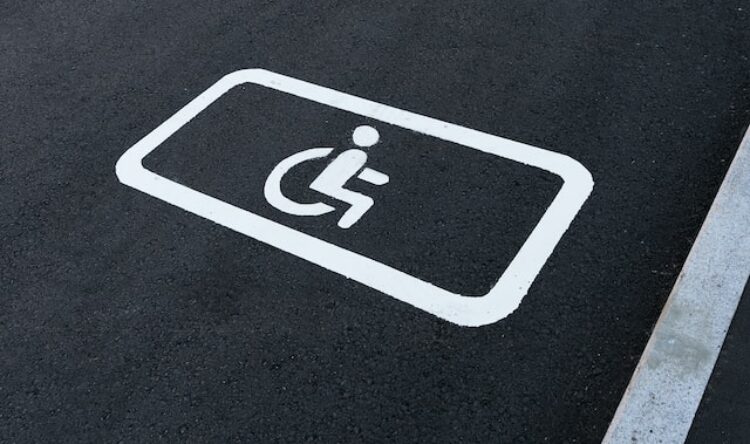New Parliamentary inquiry into Smart Motorways
Media headlines and safety worries drive a new look by the Transport Committee
The Transport Committee has launched a new inquiry into the benefits and safety of Smart Motorways. There are ongoing call for them to be scrapped from senior police, road safety groups and individuals. Coroners investigating a number of deaths on Smart Motorways. have also called for immediate action.
The new development comes less than a year after the publication of an 18-point action plan to improve safety. This was the result of a previous review of the road system by the Secretary of State for Transport Grant Shapps.
Ministerial moves
Earlier this month, Shapps told MPs he wanted to halt work on this type of roads.
“What I commit to is making sure that the motorways we have in this country are safer than the motorways that came before them. That is the commitment I make. To be robust and clear from the evidence of, sadly, how many people die on our motorways, they are the safest form of road, but they should be safer,” he said.
Campaigners against Smart Motorways have labelled them as ‘death traps’. One coroner concluded that smart motorways ‘present an ongoing risk of future deaths’. Another has referred Highways England to the Crown Prosecution Service to consider if corporate manslaughter charges are appropriate following the 2018 death of a grandmother on the M1.
In the headlines
Recent media coverage reported 14 fatalities on smart motorways in 2019 compared to 11 deaths in 2018 and five the year before.
The Chair of the Transport Committee, Huw Merriman MP, said: “The Department for Transport says Smart Motorways help us cope with a 23% rise in traffic since 2000, helping congestion. The Department’s own Stocktake report points to lower fatal casualty rates for smart motorways without a permanent hard shoulder than on motorways with a hard shoulder. The serious casualty rate is slightly higher.
“This message isn’t reaching the public, whose confidence in smart motorways has been dented by increasing fatalities on these roads. Road safety charities are also expressing concerns. Will enhanced safety measures help? Will the public accept them following an awareness campaign? Or should there be a rethink of government policy?
“There are genuine worries about this element of the motorway network and we want to investigate how we got to this point.”
Reasoning and reality
Smart motorways were introduced as a technology-driven approach to deal with congestion. They increase capacity on motorways by utilising the hard shoulder as a live running land, whilst also controlling the flow and speed of traffic. They can be divided into three different designs, of which the most common is All Lane Running (ALR) introduced in 2014. These are the type that cause the most concern for campaigners as broken down vehicles can end up stranded in live lanes.
Edmund King, AA president, said: “Coroners, and indeed police and crime commissioners, have voiced serious safety concerns with ‘smart’ motorways, which makes this inquiry very timely.
“For more than a decade the AA has campaigned to improve the safety of smart motorways. Tragically, too many people have died on these roads in the interim.
“Hopefully this inquiry will concentrate minds to stress the urgency of safety improvements.”







